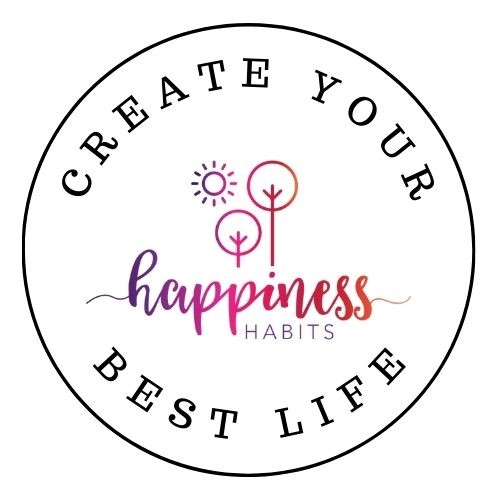What can a mentor do for you?
A mentor may help you with setting goals, developing contacts, exploring careers, and identifying resources. A mentor may share with a mentee information about her own life path, as well as provide guidance, motivation, emotional support, and role modelling.
The benefits of mentoring for both mentee and mentor.
The purpose of mentoring is to tap into the existing knowledge, skills, and experience of other women and also to adopt these skills in order to create a great life! Mentoring is non-judgemental, meaning that unlike other people, the mentor does not typically evaluate or judge the decisions made by the mentee. The goals and outcomes of mentoring will differ depending on the mentee. For example, different factors include:
- Duration: from 1 session to about 12 months
- Audience: Women of diverse backgrounds who have survived alcohol and other drug addiction, domestic violence and abuse, women who are socially isolated or have survived adverse life experiences, etc
The main purpose of mentoring stays essentially the same regardless of the time or type of mentoring sessions. The mentor acts as a role model and advocate for the mentee. The mentee is not the only one to benefit – the mentoring relationship is beneficial to both parties involved.
For the mentee, mentoring can help:
- develop new skills
- build a larger people network
- reflect on and solve past scenarios
- have goals and milestones to look forward to
- have an example to look up to.
For the mentor, it serves as:
- a way to give back
- an important personal development and learning experience
- social connection and a purpose in life
- a way to gain greater understanding of life experiences (If you’ve ever had to explain something to somebody, you probably noticed that you have to think it through and clean up your explanation to make it easy for another person to understand. You become more competent as a mentor when you are forced to generalise your reasoning to somebody based on you own life experiences).






